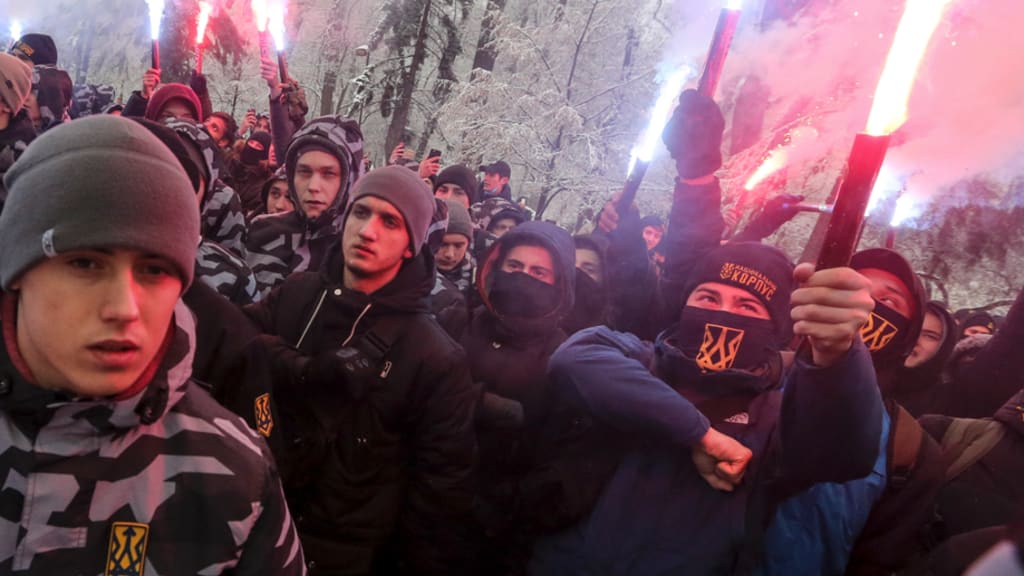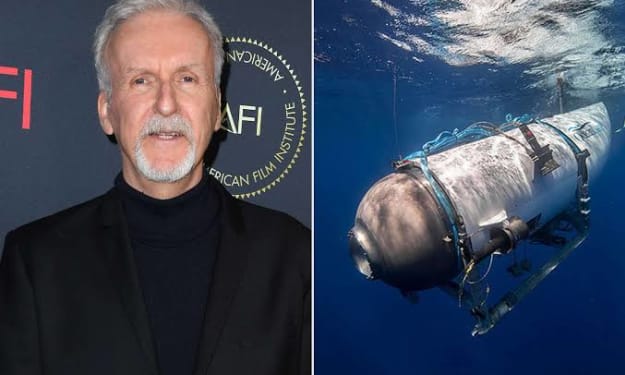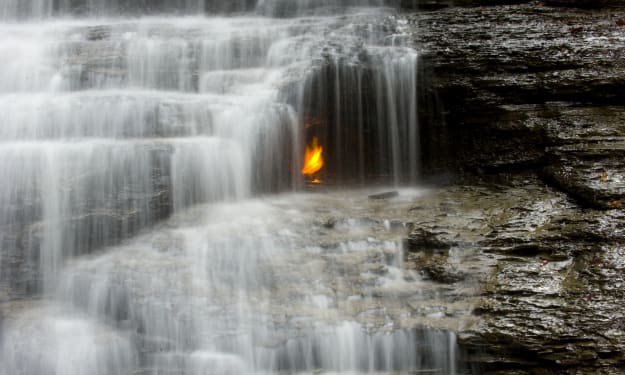Russia -Ucrane
By Kathleen Magramo, Christian Edwards, Aditi Sangal, Adrienne Vogt, Leinz Vales, Tori B. Powell and Amir Vera,CNN

Introduction:
The conflict between Russia and Ukraine has been one of the most significant geopolitical crises of the 21st century. Beginning in 2014, it has resulted in a long-lasting and devastating impact on both countries and the broader international community. This essay will explore the origins, key events, and implications of the Russia-Ukraine conflict, analyzing the complex factors that have contributed to the ongoing crisis.
Historical Background:
To understand the Russia-Ukraine conflict, it is essential to examine the historical context. Ukraine, a country of significant cultural and historical importance, gained independence after the collapse of the Soviet Union in 1991. However, deep-rooted tensions between pro-Russian and pro-European factions emerged, primarily due to Ukraine's diverse ethnic and linguistic composition.
Origins of the Conflict:
The origins of the conflict can be traced back to Ukraine's decision to pursue closer ties with the European Union (EU) in 2013. This move was met with opposition from Russia, which saw it as a threat to its influence over Ukraine. Consequently, Ukraine's former president, Viktor Yanukovych, abandoned an association agreement with the EU, leading to widespread protests known as the Euromaidan movement.
Annexation of Crimea:
The situation escalated dramatically in February 2014 when unidentified Russian-backed forces took control of Crimea, a peninsula in Ukraine's southeast. Subsequently, a controversial referendum was held in Crimea, resulting in its annexation by Russia. This move was widely condemned by the international community, with most countries refusing to recognize Crimea as part of Russia.
Conflict in Eastern Ukraine:
Following the annexation of Crimea, pro-Russian separatist movements emerged in eastern Ukrainian regions, primarily Donetsk and Luhansk. These separatist groups, supported by Russia, declared independence and established self-proclaimed republics. The Ukrainian government, perceiving these actions as a threat to its territorial integrity, launched military operations to regain control over these territories.
Minsk Agreements and Ceasefires:
Several attempts to resolve the conflict were made through diplomatic means. The Minsk agreements, signed in September 2014 and February 2015, aimed to establish a ceasefire and a roadmap for a political resolution. However, the implementation of these agreements has been fraught with difficulties, with numerous violations and an overall failure to achieve a lasting peace.
Humanitarian Crisis and Displacement:
The Russia-Ukraine conflict has resulted in a severe humanitarian crisis, with significant implications for the civilian population. The fighting has caused numerous casualties and widespread destruction of infrastructure. Moreover, the conflict has led to the internal displacement of over a million Ukrainians and forced many to seek refuge in neighboring countries.
International Response:
The international community has responded to the Russia-Ukraine conflict with a mix of diplomatic measures, economic sanctions, and military support. The European Union and the United States, among others, have imposed sanctions on Russia, targeting key sectors of its economy. NATO has also increased its presence in Eastern Europe to reassure its member states and deter Russian aggression.
Geopolitical Implications:
The Russia-Ukraine conflict has had far-reaching geopolitical implications. It has strained relations between Russia and the West, leading to a significant deterioration in diplomatic and economic ties. The conflict has also raised concerns about the future of the post-Cold War international order and the effectiveness of international norms and institutions in resolving such crises.
Proxy War Dynamics:
The conflict in eastern Ukraine has often been characterized as a proxy war, with Russia supporting separatist movements and Ukraine receiving backing from Western countries. The involvement of external actors has further complicated the conflict, as it has become intertwined with broader geopolitical rivalries and regional power dynamics.
Energy Security:
Energy security plays a significant role in the Russia-Ukraine conflict. Ukraine has historically been a transit country for Russian natural gas exports to Europe, giving Russia significant leverage over Ukraine. Disputes over gas prices and supply disruptions have further strained the relationship between the two countries, highlighting the economic and energy dimensions of the conflict.
Crimea's Status:
The annexation of Crimea by Russia remains a contentious issue in the conflict. While Russia maintains that the referendum and subsequent annexation were legitimate, Ukraine and the international community view it as a violation of Ukraine's sovereignty and international law. The status of Crimea continues to be a major obstacle to resolving the conflict.
Cyber Warfare and Disinformation:
The Russia-Ukraine conflict has witnessed a significant amount of cyber warfare and disinformation campaigns. Both sides have engaged in hacking, spreading propaganda, and conducting information warfare to shape narratives and manipulate public opinion. These tactics have further exacerbated tensions and complicated efforts to find common ground.
Impact on Ukraine's European Integration:
The conflict has had a profound impact on Ukraine's aspirations for closer integration with the European Union. While the conflict initially spurred pro-European sentiment in Ukraine, it has also highlighted the challenges and complexities involved in the country's path towards European integration. The ongoing conflict has necessitated a focus on internal stability and security, potentially delaying the pace of reforms and integration efforts.
Human Rights Concerns:
The Russia-Ukraine conflict has raised serious human rights concerns. Both sides have been accused of human rights abuses, including arbitrary detentions, torture, and violations of the rights of minorities. The conflict has also resulted in restrictions on freedom of expression and media freedom in the affected regions.
Potential Solutions and the Road to Peace:
Resolving the Russia-Ukraine conflict requires a multifaceted approach. This includes diplomatic negotiations, adherence to international law, de-escalation of tensions, and addressing the underlying political, economic, and social grievances. The implementation of the Minsk agreements remains a crucial step towards a peaceful resolution, but it requires sustained commitment and genuine political will from all parties involved.
Conclusion:
The Russia-Ukraine conflict remains an ongoing and complex crisis that has had a profound impact on both countries and the wider international community. The origins of the conflict can be traced back to Ukraine's pursuit of closer ties with the EU, and it has since escalated with the annexation of Crimea and the conflict in eastern Ukraine. Efforts to resolve the crisis through diplomatic means have faced numerous challenges, leading to a protracted and devastating humanitarian situation. The conflict's geopolitical implications continue to reverberate, highlighting the need for sustained international engagement and dialogue to achieve a lasting peace.





Comments
There are no comments for this story
Be the first to respond and start the conversation.